Discovery Phase: Why You Need It?
As per McKinsey, 17% of IT initiatives fail miserably, resulting in the firm’s collapse. Although just 7% of projects are delivered late, 45 percent surpass the budgeted amount. Many disasters might be avoided with detailed review and preparation. The discovery phase is critical for major corporations that want to accomplish their projects on time and within budget.
What is Discovery Phase?
Whenever you travel to a destination, you plan several things, like the mode of transport, route, timings etc. Pre-planning makes sure that your trip is free of obstacles, even if you do face any obstacles, you can resolve them easily. Similarly, if you have to develop a software product, you will have to do some pre-planning.
The discovery phase, also known as scoping, is a way of gathering and evaluating information related to a project, its target market, and consumer. During the discovery phase, the client’s, end- user’s, and stakeholders’ demands, as well as its positives and negatives are analyzed. It aids with discovery of optimum commercial and technological solutions for subsequent product development.
The discovery phase serves as a link between a product’s conceptual notion and its technological implementation.
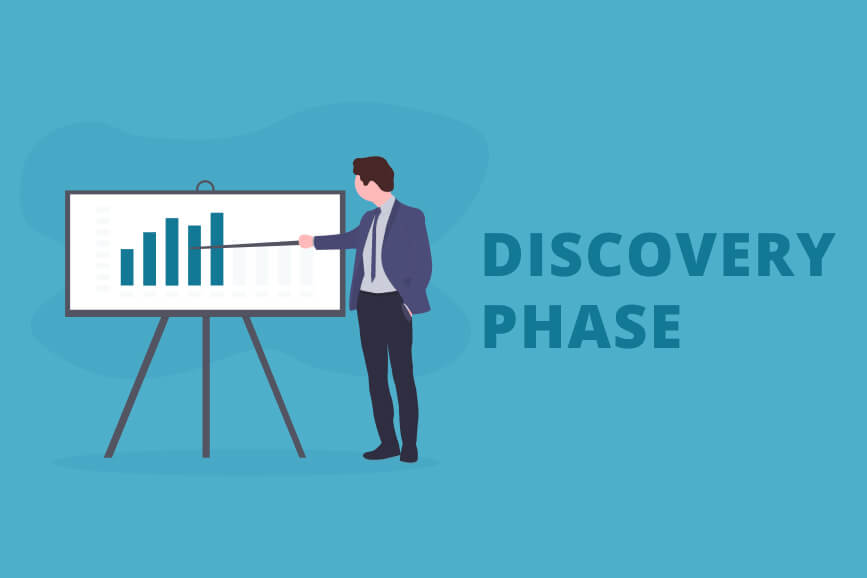
Purpose of Discovery Phase
The discovery phase of software development is designed to recognize and remove risks such as a lack of market demand, unanticipated expenditures, and makes sure that you don’t have shortage of funds to support the development.
The most significant mistakes to correct afterwards are those done during the planning phase. As a result, the discovery stage’s major aims are to evaluate business concepts and deployment tactics, as well as to reduce development costs and speed up the product release.
The discovery phase, with its critical function in project management, is suitable for products in any sector and of any sophistication.
We’ve put together a list of our five Reasons to give you a better insight of the Discovery Phase’s goals:
1. Determine the business goals, needs and vision for any product
2. Create product architecture to achieve particular business objectives
3. Reduce the cost of development
4. Recognize and minimise potential hazards
5. Make A Comprehensive Product development Strategy
When do you really need the Discovery Phase?
Let’s look at some of the main reasons why the discovery process is not only important, but also necessary:
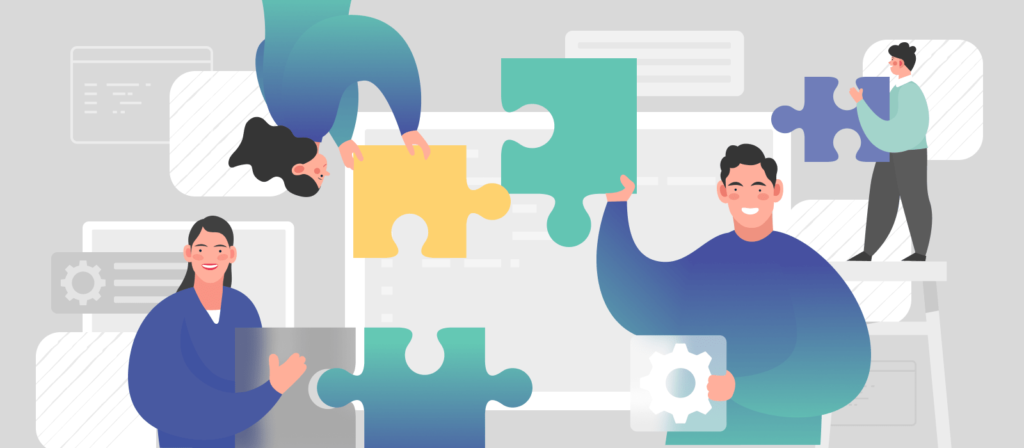
An incomplete idea of the final product. There is no thorough representation of the final product. Yes, you definitely know what you truly want, but the concept is sometimes cloudy and hazy, and you have no idea how to start putting it into action. In this instance, starting the discovery phase at the beginning of the project is the best option.
There are many responsible and interested individuals. If your project has multiple stakeholders, your demands may start a conflict. That is a typical event that will not cause any problems if business analysts are hired. They’ll help you determine what’s most important for a successful project implementation.
Extremely complex projects. Another example of why a discovery phase in software product development is essential is for extremely difficult jobs. A challenging project entails a huge number of end-product requirements, a highly competitive market, and so on.
Long-term projects. Because each long-term project is difficult and demands a unique method, we’re discussing a variant of the prior item.
It is essential for success. While reaching one’s goals is always important, there are times when there is too much at risk, and even the tiniest mistake might lead to a downturn.
What does the Discovery Phase Include?
The majority of people, including business experts, seem baffled by the discovery phase of software development. It may appear complicated and profound, yet it is built on well-known commercial methods.
Preparing for the Discovery Phase
There are a few things that must be in position before the discovery phase begins, a brief “pre-discovery phase” or whatever you would like to call it. This is what it comprises (and what it excludes):
- Establish the goal of your firm.
- Identify who is the business proprietor or the primary point of contact.
- Your project manager should be given all relevant project details or documents.
- Get a rough estimate for the job. The project’s principal quotation will be calculated during the discovery phase.
- Set aside money for the discovery phase. While pre-discovery is practically free, the discovery phase needs the complete effort of a team of professionals and will be invoiced for.
- There is no necessity for research.
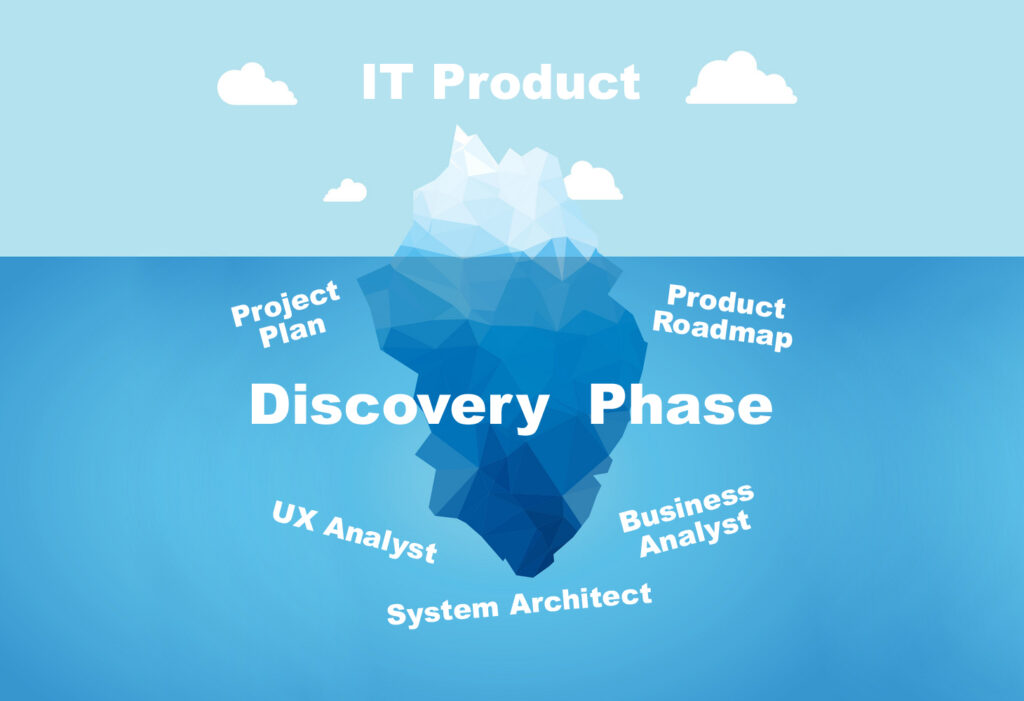
Discovery Phase Steps
The project discovery phase includes the following steps:
- Getting to know the consumer and his proposition for a business (questionnaire, one-on-one meetings, brainstorming sessions, presentations).
- Examining current company operations and developing a plan for a future project. It’s critical to match the client’s expectations and desires with real deadlines at this time.
- Examining the available corporate records.
- Doing a thorough market analysis:
- Identifying the product’s target customers
- Conducting market research
- Examine the competition
- Identifying the most effective solutions to company issues.
- Make progress on the strategy.
- Defining the project’s scope.
- Setting deadlines, priorities, and a budget.
- Assigning responsibilities and putting together a professional team to work on the project.
- Receiving the project’s final PRD and proposal.
- Designing a Roadmap.
- The signing of a contract kicks off the discovery phase.
Team of specialists for the Discovery Phase?
For the Discovery phase, you would have to curate a team of specialists. A team for the discovery phase usually consists of 4 types of experts: a user UI/UX designer, business analyst, a software developer and then a project supervisor.
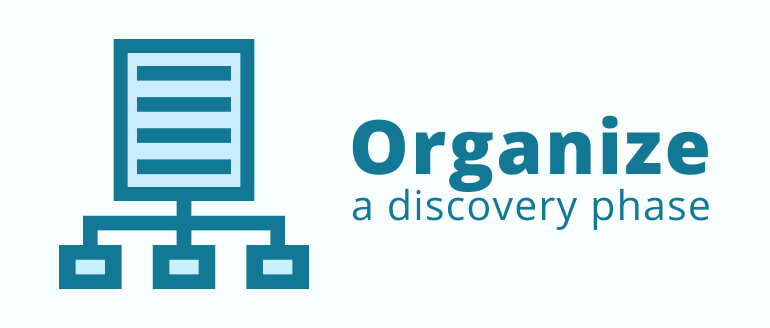
The Developer – The programmer keeps track of which technologies will be necessary during the discovery phase. He evaluates the discovery phase deliverables stated earlier in the article to confirm that the business idea generated can be implemented technically. Basically a developer takes care of the technical front in the discovery phase.
UI/UX Designer – Software design should be easy to navigate and use, i.e. it should be intuitive in nature, a UI/UX designer should ensure that a software is visually appealing and still easy to use.
Project Manager – As the name suggests, the project manager manages the whole project, he/she is the point of contact for both the corporate representatives and the team working on the project. He is responsible for delegation of tasks and responsibilities and supervises the whole venture.
Business Analyst – The business analyst produces potential applications and project requirements in collaboration with the customer. This involves determining the proposal’s key goals, as well as who the target audience will be and how they will be using the product. To put it another way, he converts business objectives into practical, deployable plans.
How to choose the right development team read here: “Where to Find & How to Hire Developers for Your Startup”
Benefits of the discovery phase
If you’re still not convinced about the value of the discovery phase, consider the following:
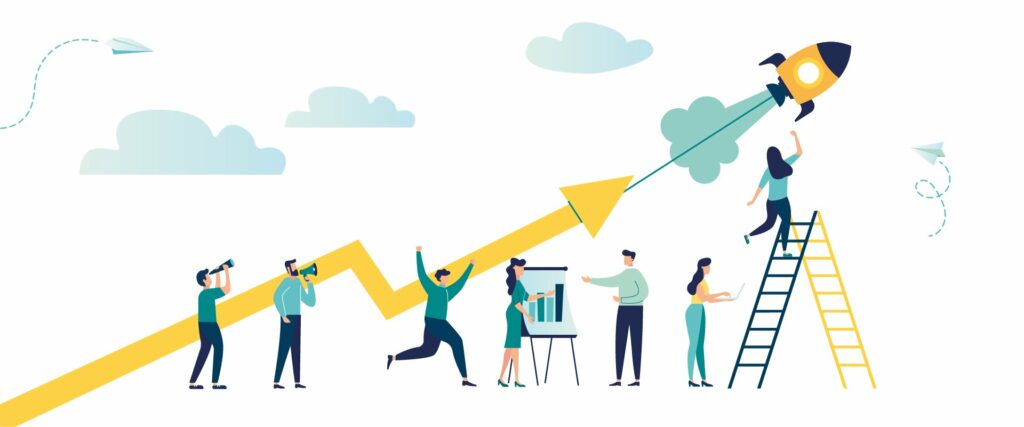
- The capacity to foresee and avoid a variety of business hazards from the outset.
- Lesser costs and a financial plan that is well-planned
- A deeper knowledge of your product’s deliverables
- Time, human, and financial resources are all used efficiently.
- Customer pain areas and requirements are well-understood.
- A distinct value offering and a carefully established market position
- The capacity to surpass your competition by identifying their flaws and improving your own product.
What can happen if you do not conduct the Discovery Phase?
Now that we’ve covered the benefits and technicalities, let’s look at what occurs if you skip the project discovery step and proceed with development without a clear knowledge. You can anticipate the following:
- An endeavour that falls short of your expectations.
- Infinite scope creep
- A spending plan that is far too large.
- Deadlines were not met.
- Difficulty in switching IT-team.

What happens after the preparation of the Discovery Phase
Now, let’s summarise and identify the major project discovery phase deliverables:
- A well-organized work strategy with precise deadlines.
- In a time frame, a thorough project roadmap is given.
- A project scope that includes technical requirements that is realistic.
- A fixed price for the whole process of developing a discovery project.
- A fully functional UI/UX mockup that demonstrates the final user experience and flow.
- Precise projected cost.
Discovery Phase Cost
A project’s development cycle is usually divided into five prominent steps: inception, planning, implementation, control and closure. According to this approach, discovery is considered as not only important but critical to both the planning and preparation stages, spanning the gap that exists.
The discovery phase can take anywhere from a few days to a few weeks or even months, depending on how sophisticated the project is and what is the span of work that it has. To get a basic idea, you can refer to the following timeline:
A simple task will take 1-3 days.
A moderately sized project will take about 1-2 weeks.
A big task will take about a month (if not longer).
Conclusion
You can see how a product discovery phase may assist your business immediately. We’ll only add that choosing an expert team should be based on an evaluation of each member’s credentials and experience. If the company you hire is prepared to provide a complete spectrum of services, including the development of the digital platform altogether, that would be the best option.
You may have several questions in mind, if that’s the case, OSSystem specialists are here to help you out any time, you can avail an hour-long free consultation session by filling out the feedback form. We would be more than happy to clear all your doubts free of cost.

Subscribe to us










